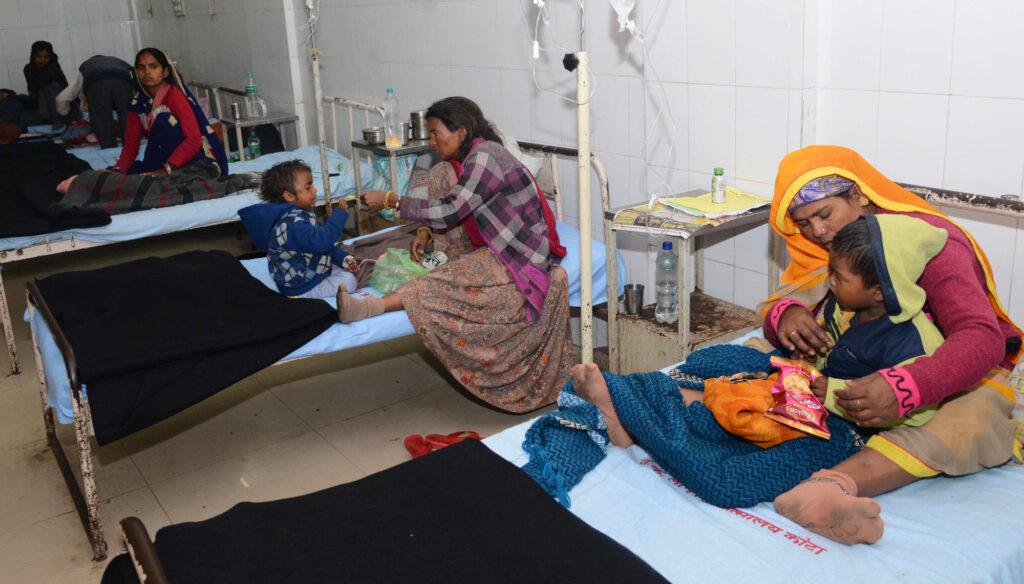Jahanvi Agarwal
Recently, the Madras High Court held that the right to life under Article 21 of the Indian Constitution includes right to avail decent medical treatment and no discrimination can be made in the treatment of patients in government hospitals.
A single bench of Justice S.M. Subramaniam was of the opinion that if any discrimination is done in the treatment of patients in government hospitals, then it will violate the right to life under Article 21 of the Indian Constitution.
The court held that:
“Discrimination in treating the patients in the government hospitals is impermissible and any such discrimination would result in unconstitutionality. Medical facility is an integral part of Article 21 of the Constitution of India. “Life” includes decent medical treatment. Therefore, all the patients are to be treated equally and equal medical facilities are to be ensured to the patients in the government hospitals,”
The court declined to pass an award to a mother who claimed that her kid had been suffering from a condition as a result of medical malpractice on the part of a Primary Health Centre (PHC) in Chennai’s New Washermenpet district $25,000 in compensation.
Not only this but the Court also rejected the argument after observing that there were disputed facts in the case, which prevented the High Court from exploring them in a writ petition in accordance with Article 226 of the Indian Constitution.
The Court held that the child’s following treatment was still in progress after a group of specialized physicians had reviewed the child’s condition in accordance with the Court’s prior directives. The bench also observed in the said case that:
” You cannot expect more from a government hospital where already a large number of patients are treated for free. Our great nation has got a huge population and the government hospital is flooded with patients for treatment. Government hospitals are bound to provide treatment to all the patients visiting the hospitals,”
The petitioner had informed the court about the following:
- She was expecting her second child at the time, and the PHC had neglected to do the required “anomaly scan.” She didn’t discover that her baby boy had facial malformations and a heart abnormality until after she had given birth.
- Her kid was examined, however, no timely surgery was performed. She was directed to a government hospital that specializes in treating children. Instead, she was simply given medications before learning that the child had little chance of survival. The petitioner alleged that the on-duty doctor likewise declined to treat the youngster.
Due to the above-mentioned circumstances, the petitioner filed a writ petition in 2017. A group of experts were constituted in order to examine the child and it was discovered that:
These doctors found that surgical intervention, if any, should have been performed before the child had crossed the age of six months. As such, they recommended that the child should continue to be treated with medicines.
The Court observed that:
“Presuming there is a medical negligence, the parties are bound to approach a different forum and not the High Court under Article 226 of the Constitution of India … As medical professionals, they are thriving hard and providing treatment to the child. When the Doctors are treating the child by following the medical protocol and ethics, there is no reason to interfere with such treatments or otherwise by the High Court. More so, the petitioner cannot expect any such preference only for her child as there are many children also, taking treatment in the Government Hospitals,”
Case Name: K Mubeena Banu V. Tamil Nadu Health & Family Welfare Department
Diary Number: 14801/2017
Bench: Justice S.M.Subramaniam


